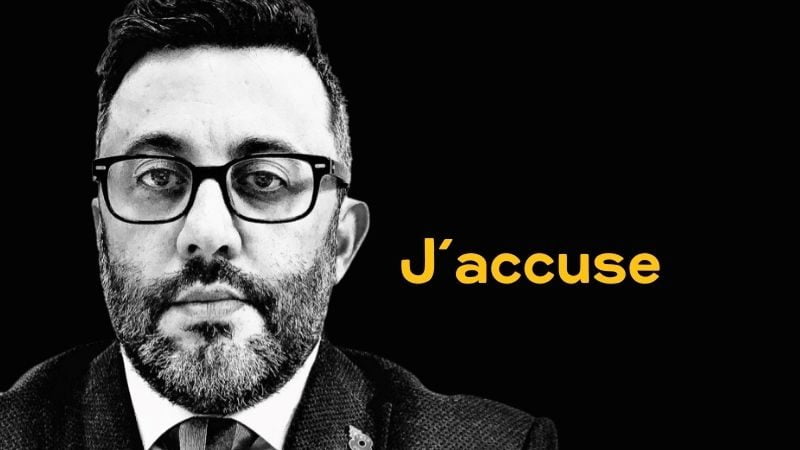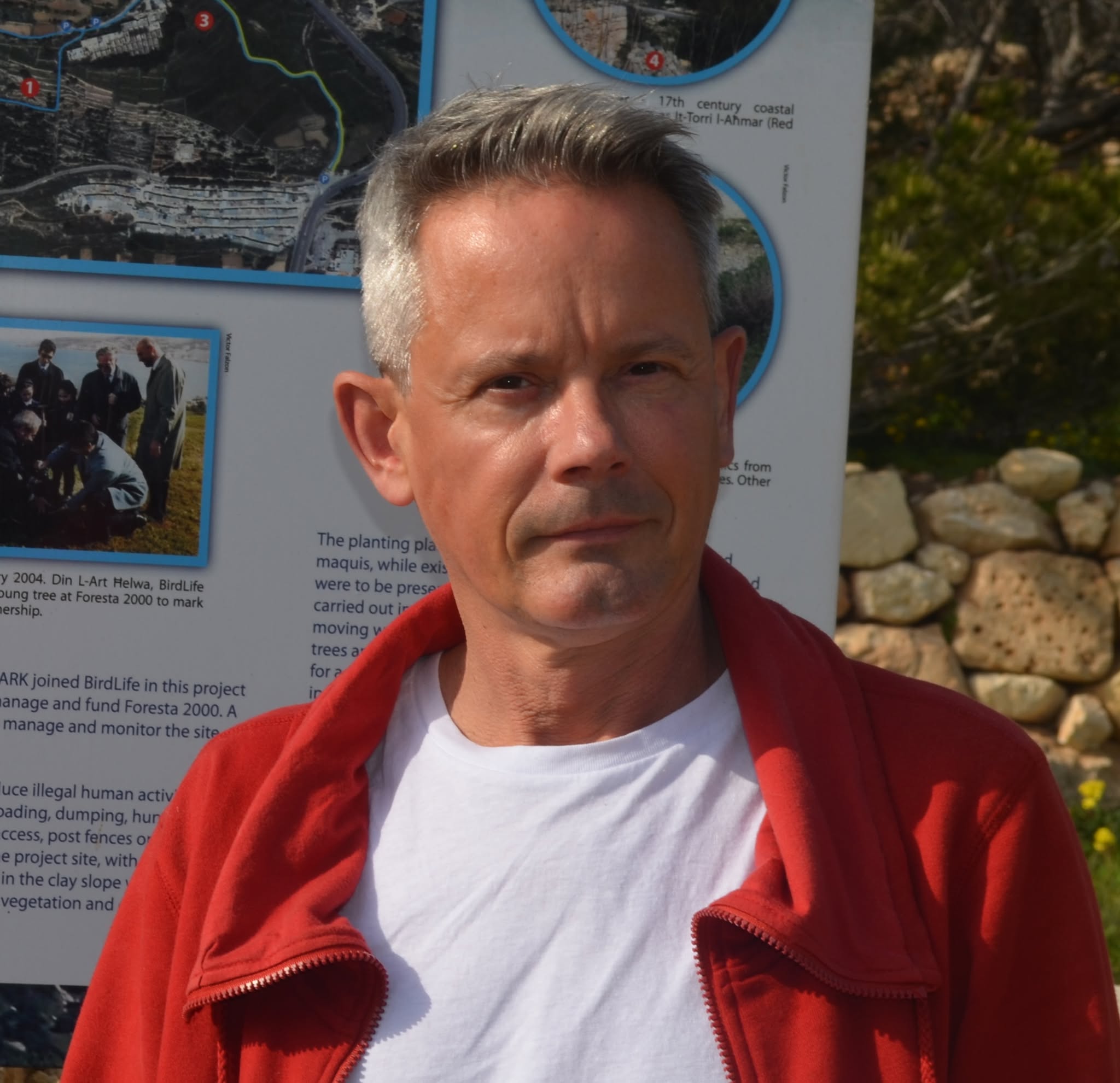What then is freedom if not the power to do anything that one wishes? The greatest orator who ever lived dedicated much of his energy to the understanding of freedom and free citizens within a Republic. Freedom for Cicero was precious enough to die for, something to be appreciated when compared to servitude.
The greatest peril for the free republicans was a dictator’s hunger for power and the ensuing slavery to their whims and fancies. Freedom to do what one wished was qualified of course. There was a price to pay in order to benefit fully from the rewards of freedom and that was the limits on freedom imposed by the law.
In order to be free, we must be servants to an all-encompassing law that does not distinguish between citizens and treats them all fairly and equally. We are servants of the law so that we may be free. The republic is not ruled by dictators but by the law, the rule of law that ensures freedom and justice.
Of course, the law must be observed. It was in the interests of every citizen that should they one day be accused of misdeeds they would have a right to the proper forum and to make their case before a proper court. That too was a hard-fought right for all citizens. It goes without saying that this flipside of freedom required functioning institutions that were capable of summoning the accused and meting out a proper trial. No impunity.
The questions being asked today of Iosif Galea’s apparent transparency in the eyes of the law go to the very heart of this concept of freedom. How was an investigated person, under police bail and subject to a European Arrest Warrant, able to move freely out of Malta? Where in all this is the rigour to ensure that citizens are answerable to the law?
The Commissioner has called for an internal investigation. Not a public one mind you. My mind keeps going back to the visit to Malta by the European Public Prosecutor. To the recent GRECO report. To the Venice Commission reports. The conclusion is clear. We have chosen to forsake our freedom because we accept a situation where there are no guardians of the law or, at best, where the guardians have been weakened.
There have been quite a few reports in the Shift this week concerning the electoral spending by candidates. It is blatant that here too we have a situation of total inobservance of the law. Unjustified expenses are only balanced by ridiculous entries that make a farce out of any control. Ancient Rome’s Crassus would have a field day in today’s world having been known to favour buying opponents and magistrates rather than submit to the scrutiny of the public.
Without an incensed public, angry at the abuse of the law and the impunity with which the law is waived, without the angry demos, this kind of state of lawlessness is only destined to thrive. Unwittingly slipping into a state of passive slavery, the public fails to stop the dangerous slide into tyranny. We choose the tyrant over the law and we are worse off for that.













